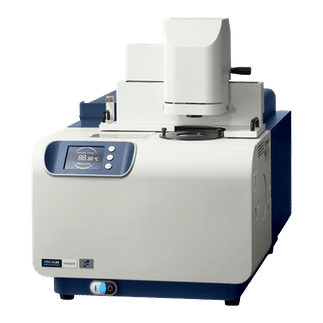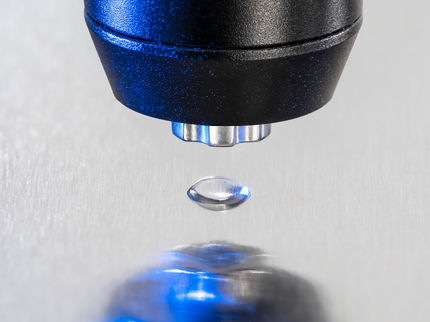To use all functions of this page, please activate cookies in your browser.
my.chemeurope.com
With an accout for my.chemeurope.com you can always see everything at a glance – and you can configure your own website and individual newsletter.
- My watch list
- My saved searches
- My saved topics
- My newsletter
Charles BlagdenSir Charles Brian Blagden FRS (April 17, 1748–1820) was a British physician and scientist. Product highlightBiographyBlagden was born in Wotton-under-Edge, Gloucestershire, in 1748. He studied medicine at Edinburgh, obtaining his M.D. in 1768. He served as a medical officer in the Army (1776–1780) and later held the position of Secretary of the Royal Society (1784–1797). Blagden won the Copley Medal in 1788 and was knighted in 1792. He died in Arcueil, France, in 1820. ScienceIn June 1783, Blagden, then assistant to Henry Cavendish, visited Antoine Lavoisier in Paris and described how Cavendish had created water by burning "inflammable air". Lavoisier's dissatisfaction with the Cavendish's "dephlogistinization" theory led him to the concept of a chemical reaction, which he reported to the Royal Academy of Sciences on 24 June 1783, effectively founding modern chemistry. Blagden experimented on human ability to withstand high temperatures. In his report to the Royal Society in 1775, he was first to recognize the role of perspiration in thermoregulation. Blagden's experiments on how dissolved substances like salt affected the freezing point of water led to the discovery that the freezing point of a solution decreases in direct proportion to the concentration of the solution, now called Blagden's Law.
|
||||||
| This article is licensed under the GNU Free Documentation License. It uses material from the Wikipedia article "Charles_Blagden". A list of authors is available in Wikipedia. | ||||||







